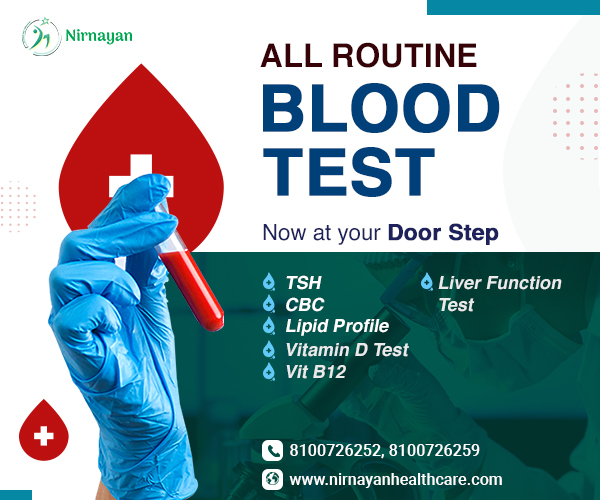Pregnancy is one of life’s most precious journeys—a transformative experience that culminates in the birth of new life. While childbirth can occur through various methods depending on the mother’s health, the advancement of medical science has introduced more controlled and safer procedures, such as cesarean (C-section) deliveries. Unlike the traditional vaginal delivery, C-sections have become increasingly common, offering safer alternatives for both mother and baby in many cases.
However, since a C-section is a major surgical procedure, it requires a thoughtful and well-planned recovery process. One of the most critical aspects of that recovery is proper nutrition. A healthy, balanced diet can accelerate healing, restore energy levels, and help new mothers regain strength, especially during the demanding postpartum phase.
Why Nutrition Is Crucial After a Caesarean Delivery:
The body is in a state of healing after surgery, and nutritional needs are heightened. The right foods help repair tissues, fight infection, support emotional well-being, and prepare the body for breastfeeding.
Here’s why following a proper diet is essential:
- Accelerates Healing: Nutrient-dense foods help repair surgical wounds and restore physical strength.
- Boosts Immunity: A balanced diet strengthens the immune system, helping ward off infections.
- Restores Vital Nutrients: The body requires more protein, iron, vitamins, and minerals to recover from surgery.
- Enhances Mental Well-being: Good nutrition contributes to improved mood, reduced fatigue, and better mental clarity.
Top Post-Caesarean Diet Tips for a Speedy Recovery:
Here are some post-C-section recovery diet tips you can follow:
- Prioritise Protein-Rich Foods
Protein is essential for tissue repair, wound healing, and maintaining muscle mass. It also supports milk production if you’re breastfeeding.
Recommended foods:
- Eggs (also rich in zinc for wound healing)
- Lean meats like chicken and turkey
- Fish (especially oily fish like salmon for omega-3 fatty acids)
- Dairy products, tofu, lentils, and legumes
- Include Fibre for Digestive Health
Post-surgery, constipation is a common issue due to pain medications and reduced mobility. Fibre-rich foods support smooth digestion and regular bowel movements.
Recommended foods:
- Fresh fruits (apples, pears, berries)
- Vegetables (spinach, carrots, broccoli)
- Whole grains (brown rice, oats, quinoa)
- Choose Healthy Fats
Good fats reduce inflammation, promote hormone balance, and enhance skin healing.
Recommended sources:
- Avocados
- Olive oil
- Nuts and seeds (almonds, walnuts, chia, flaxseeds)
- Fatty fish (mackerel, sardines)
- Load Up on Immunity-Boosting Vitamins & Minerals
These nutrients are essential for speeding up recovery and maintaining your energy levels.
- Vitamin C: Aids tissue repair and boosts immunity (found in kiwi, papaya, citrus fruits)
- Iron: Replenishes blood loss and prevents anaemia (found in red meat, leafy greens, fortified cereals)
- Vitamin A & E: Supports skin regeneration (found in eggs, liver, dairy)
- Zinc, Magnesium, Copper: Helps in enzyme function and immune response (found in nuts, seeds, fish, whole grains)
Helpful Nutritional Practices for Smooth Recovery:
- Eat slowly and chew thoroughly to aid digestion.
- Stay hydrated with plenty of water, herbal teas, and clear soups.
- Eat small, frequent meals to maintain energy and avoid bloating.
- Follow your doctor’s guidance when incorporating new foods or supplements into your diet.
Breastfeeding and Nutrition:
If you are breastfeeding, your nutritional needs are even greater. Your body requires additional calories and nutrients to produce healthy breast milk for your baby.
Important nutrients to support milk production:
- Healthy fats (for sustained energy)
- Protein (for milk quality)
- Iron, calcium, and B vitamins
- Plenty of fluids (aim for 8-10 glasses of water daily)
Foods That Naturally Promote Lactation
Consider including these galactagogues—foods believed to enhance milk supply:
- Almonds
- Garlic
- Cumin
- Lentils
- Spinach
- Oats
- Quinoa (broken wheat)
- Fennel seeds
Limit Sugar Intake
Craving sweets is natural, especially with hormonal fluctuations and fatigue. However, refined sugar can disrupt your energy levels and slow healing.
- Replace sugary snacks with fruit-based desserts or smoothies.
- Use natural sweeteners like honey in moderation.
Conclusion
Recovering from a cesarean delivery requires time, patience, and, most importantly, the right nutrition. As a new mother, your health is crucial—not only for your recovery but also for caring for your newborn. By following a balanced, nutrient-rich diet and practising healthy eating habits, you can regain your strength, boost your immunity, and support your postpartum journey with confidence.
Remember, your body has gone through a significant transformation—nourish it with care, and it will return the favour with strength and resilience.




